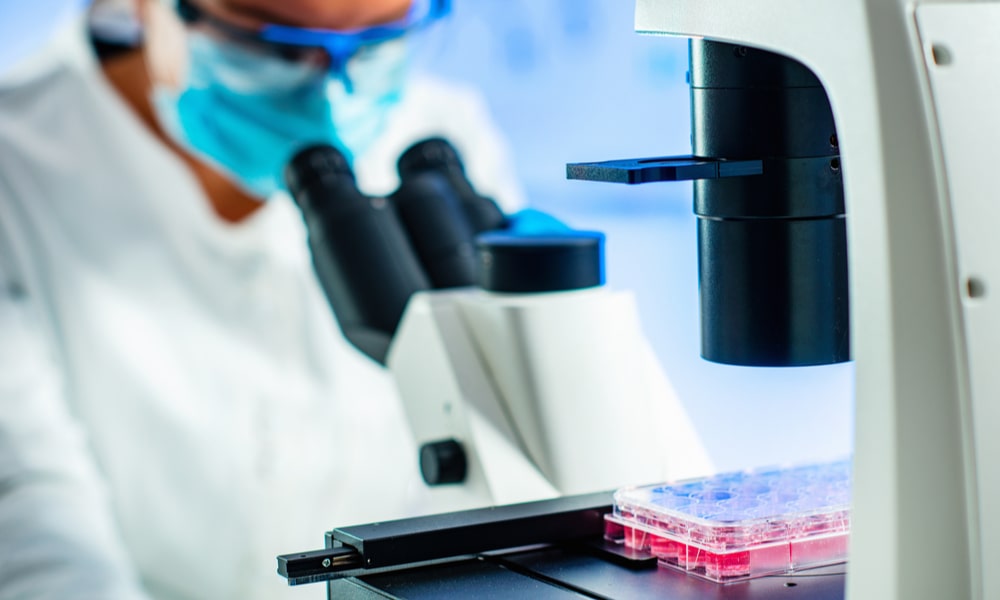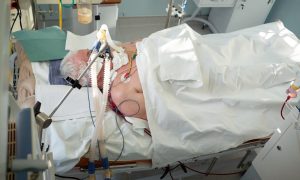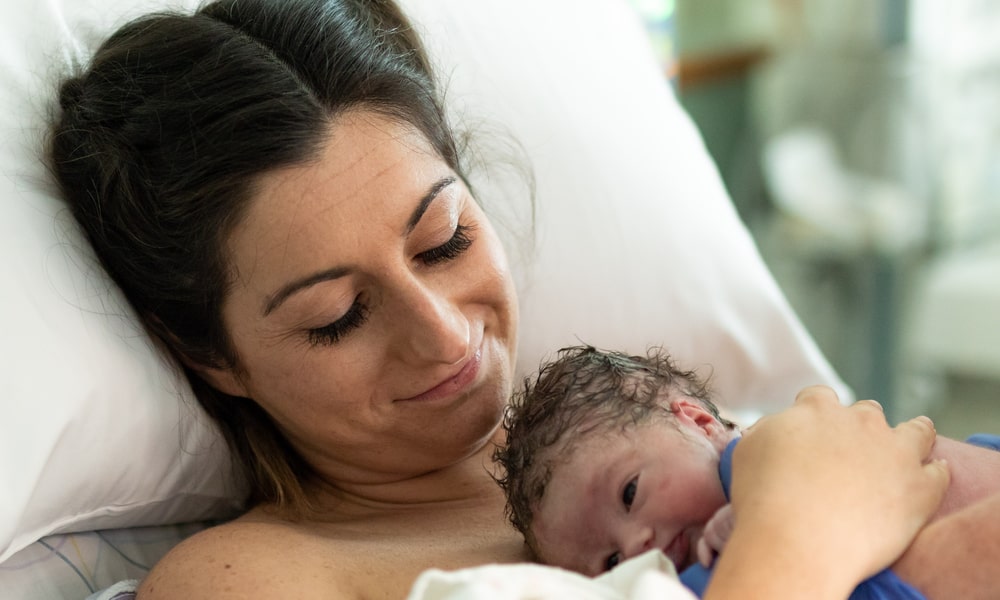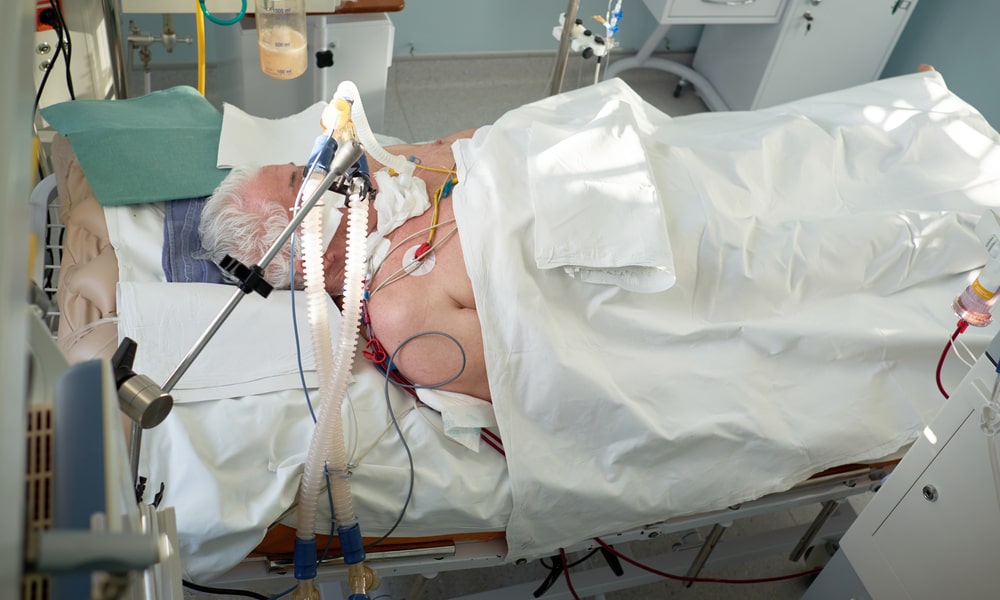Severe acute respiratory syndrome coronavirus 2 (SARS-CoV-2), or more commonly COVID-19, first appeared in Wuhan, China in 2019. It quickly spread around the world with 41.4 million affected and more than 1 million deaths to date. The virus is transmitted from person to person via infected air droplets.
Existing treatment options for COVID-19 include a broad range of drugs, transfusion of plasma collected from infected individuals (convalescent plasma transfusions), and respiratory therapies. Treatment options are largely supportive and are determined based on individual symptoms.
Controlling the inflammation of COVID-19
Severe cases of COVID-19 are characterized by a “cytokine storm”, where the body’s own immune system goes into overdrive and causes extensive damage to its own tissues, especially the lungs. Researchers have been looking into the use of mesenchymal stem cells as an alternative treatment strategy for handling this aberrant immune response.
Why focus on stem cells?
Previous studies have shown that mesenchymal stem cells (MSCs) may be effective and safe for treating inflammatory lung disease in animal models. These stem cells have anti-inflammatory properties, meaning they can dampen down the immune response, reducing inflammation and tissue damage. MSCs can also be introduced without triggering another immune response (immune-privileged), and are able to travel to sites of inflammation or injury.
There are few different sources of MSCs, including perinatal tissue such as the umbilical cord and the placenta. Perinatal tissue is an easily accessible, non-invasive source of MSCs.
These are two completed studies with promising results:
- Phase I clinical trial with umbilical cord-MSCs (UC-MSCs)
This study included 18 hospitalized patients with moderate to severe pulmonary disease caused by COVIS-19. Patients that had been assigned to the treatment group received three rounds of UC-MSCs. During the trial, only one patient in the treatment group needed mechanical ventilation compared to four patients in the control group.
- Treating severe COVID-19 with UC-MSCs
This study involved 41 patients with severe COVID-19 who were not responding to standard treatment options (oxygen, antiviral agents, antibiotics, glucocorticoid therapy). Twelve patients received UC-MSCs (treatment group), while the remainder continued to receive the standard treatment options (control group). In the control group, there were three deaths during the trial. In comparison, the mortality rate was zero for the treatment group. Clinical symptoms associated with COVID-19 were also shown to improve faster in the treatment group.
A list of additional clinical trials involving stem cells can be found here.
Hope for the future
The COVID-19 pandemic continues to place a massive burden on our healthcare systems and causes significant mortality even in countries with excellent healthcare systems. The two studies highlighted here show promising results. However, larger clinical trials are necessary before researchers can determine whether umbilical cord stem cells may become a standard treatment option for COVID-19 in the future.
We will continue to post updates on new therapies and treatment options using newborn stem cells in our blog. Be sure to visit us often so you can stay informed about the latest happenings in stem cell therapies.
References
Harrell CR, Sadikot R, Pascual J, Fellabaum C, Jankovic MG, Jovicic N, et al. Mesenchymal stem cell-based therapy of inflammatory lung diseases: current understanding and future perspectives. Stem Cells Int. 2019;2019:4236973. DOI: 10.1155/2019/4236973.
Atluri S, Manchikanti L, Hirsch JA. Expanded umbilical cord mesenchymal stem cells (UC-MSCs) as a therapeutic strategy in managing critically Ill COVID-19 patients: the case for compassionate use. Pain Physician. 2020;23(2):E71–e83.
Verter F, Silva Cuoto P. Development of COVID-19 therapies from birthing tissues and cord blood. Cord blood connect: the international congress for cord blood and perinatal tissue research. 2020; 9(S1):S15. DOI: https://doi.org/10.1002/sctm.12818.
Meng F, Xu R, Wang S, Xu Z, Zhang C, Li Y, et al. Human umbilical cord-derived mesenchymal stem cell therapy in patients with COVID-19: a phase 1 clinical trial. Signal Transduct Target Ther. 2020;5(1):172. DOI: 10.1038/s41392-020-00286-5.
Shu L, Niu C, Li R, Huang T, Wang Y, Huang M, et al. Treatment of severe COVID-19 with human umbilical cord mesenchymal stem cells. Stem Cell Res Ther. 2020;11(1):361. DOI: 10.1186/s13287-020-01875-5
Choudhery MS, Harris DT. Stem cell therapy for COVID-19: possibilities and challenges. Cell Biol Int. 2020;44(11): 2182-2191. DOI: https://doi.org/10.1002/cbin.11440











